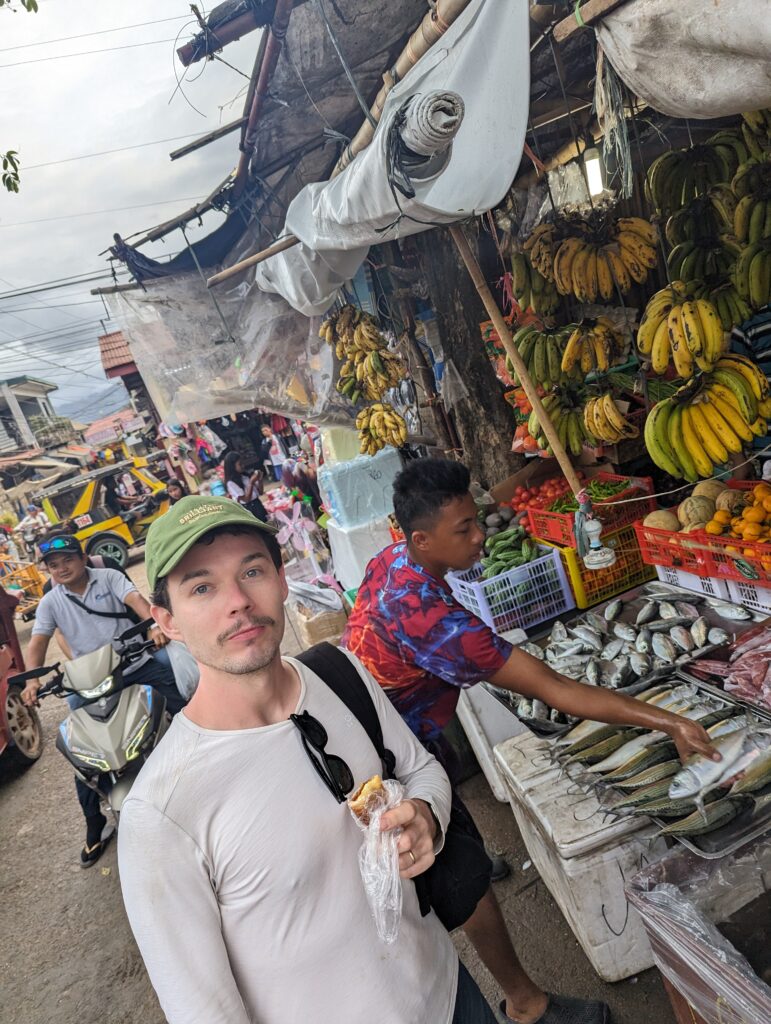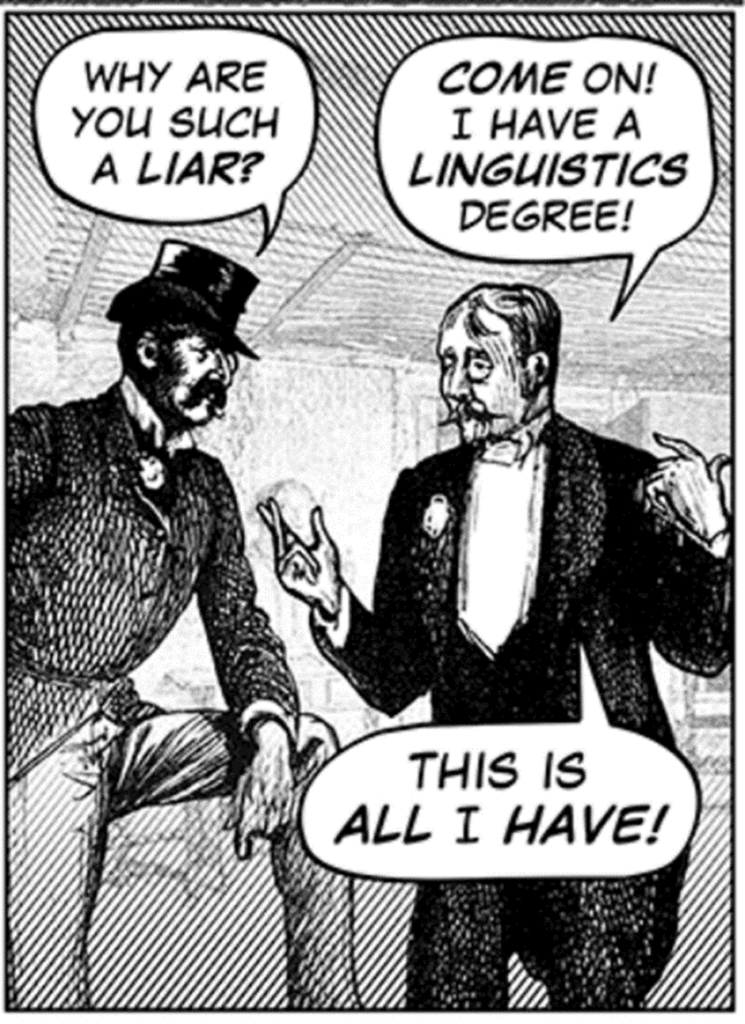Monday Morning Pandesal is a blog on some random facts about the Tagalog language, but not only. We’ll keep it light — no fancy linguistic theories or terms, just interesting insights that you normally won’t find in your standard textbooks on the Tagalog language, or sometimes even online.
We’ll explore everything from unique words and curious grammar quirks to personal challenges and funny moments in learning Tagalog. After 20 years of learning the language, I’m still regularly discovering surprises. Plus, we’ll touch on the culture, history, and politics of the Philippines.
So, it’s not always going to be about linguistics but always related to the language. Basically, it’s going to be about things that I know, things that I don’t know, things that I assume I know, and things that I’d like to know.
Who am I?
I’m Sergei Klimenko, a (former) linguist from Russia. I studied Tagalog philology (read: Philippine Studies) in Saint Petersburg, did my MA in Linguistics at the University of the Philippines, and went on to get a PhD back in Russia again focusing on Philippine languages.
I first came to the Philippines in 2007 as an exchange student, and since then I’ve spent about five years in the country over several trips.
I worked for a while as a linguistics researcher focusing on Philippine languages — you can find my publications on Tagalog and some other Philippine languages online.

Of course, I am not claiming to be the ultimate authority on Tagalog or the Philippines. I am just one of many people who decided to learn Tagalog at some point and one of many linguists who have done research on it. And like everybody else, I do make mistakes. After all these years, there is still some new stuff for me (after all, near-native fluency is an elusive thing). So, whenever you read something on this blog that doesn’t sound right, feel free to comment on it. But no bashing (of course).
And yet, being a language learner gives you a certain experience not available to native speakers when it comes to an outsider’s perspective in terms of what shines as the most fascinating and peculiar aspects of the Philippine languages and cultures. Some things that might seem trivial to a Filipino are not necessarily seen the same way by someone from the outside.
Who are you?
You’re a Tagalog nerd (no judgment).
First of all, I have in mind people who are — like me — learners of Tagalog. I believe you will find something interesting for yourself here anyway, no matter what stage of mastering the language you are at — whether you’re a beginner, a fluent speaker, or just someone interested in the language.
And by saying learners of Tagalog, I don’t mean just foreigners learning Tagalog. You can be a Fil-Am who wants to reconnect with the culture of your ancestors. Or you’re a Filipino yourself and you’re interested in finding more info on Tagalog. As we know, quite a lot of people in the Philippines do not speak Tagalog very fluently. I mean, listen to a certain former president of the Philippines. I must say, his excellency did a lot for my confidence when I speak Tagalog.
This blog is NOT for you if you’re looking for Tagalog lessons. I am not going to give any structured language course here. So, you won’t find here anything on the basics of the Tagalog grammar, how to use case markers, verbs, adjectives, how to connect words into sentences. This is not a textbook.
In short, this blog is for anyone who’s interested in Tagalog and other Philippine languages, and for anyone who’d like to know more about different aspects of life in the Philippines, with a heavy focus on the language.
A note to linguists
I should also leave a note to fellow linguists who might end up here. I’ll stay away from any specific linguistic theoretical approaches and focus instead on pre-theoretical language facts that anyone can appreciate (as much as it’s possible, since it’s sometimes argued that any description is bound to be based at least in part on some theoretical assumptions). But anyways, I am going to try and speak about basic descriptions of language facts, translatable to any other theoretical approach without loss of their descriptive power.



Leave a Reply